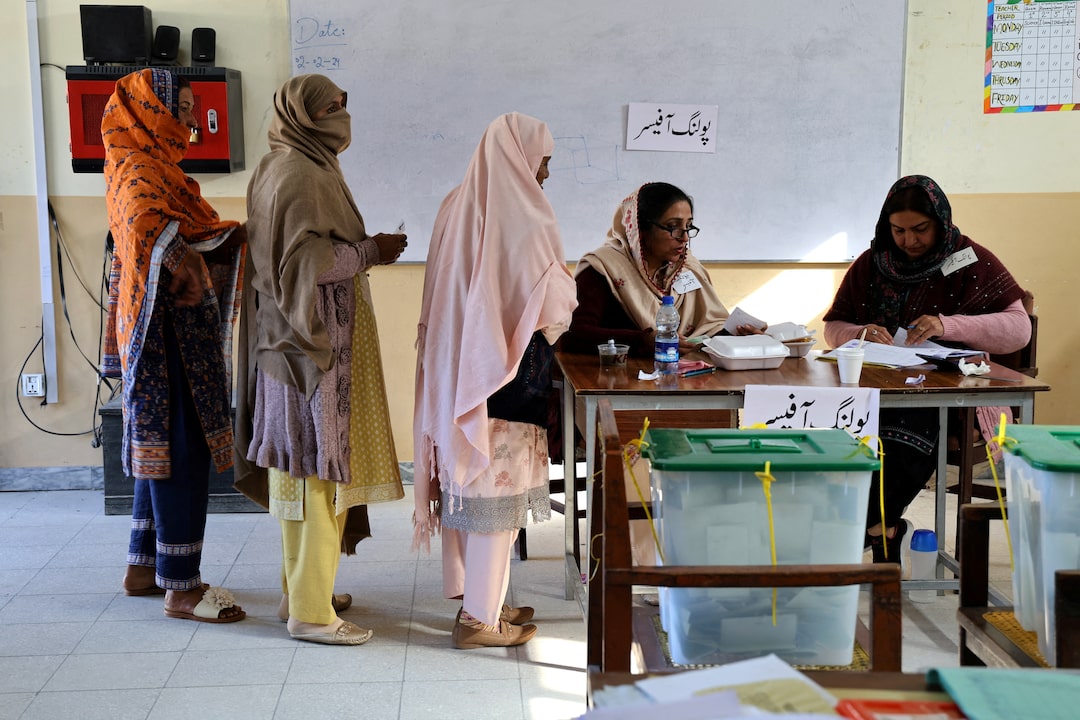
The Commonwealth Observer Group (COG) has unveiled its long-awaited and comprehensive final report on Pakistan’s 2024 general elections, where it emphatically raises profound concerns about the fairness, transparency, and imposed limitations on political rights.
This detailed 161-page report, published over 18 months post-elections, meticulously notes the prohibition of PTI’s bat symbol, the arrest of its members, and the imposition of restrictions on the freedom of association and assembly, which have collectively and substantially disrupted the level playing field. Moreover, it highlights the consecutive convictions of PTI’s founder Imran Khan, occurring right before the electoral event.
The COG sternly criticized the suspension of mobile services on the crucial night of the election, arguing that it significantly diminished the transparency and efficiency in result dissemination. There is also cited evidence suggesting manipulations in Forms 45, 46, and 47, conspicuously leading to inconsistencies between the vote counts submitted by polling agents and those published officially by the Election Commission of Pakistan (ECP).
Further complications arose concerning media coverage, with state-operated television channels accused of displaying a partiality towards PML-N and PPP, while marginalizing the PTI-backed independents. Alarming reports of censorship, such as directives that prohibited broadcasters from mentioning Imran Khan’s name, were also prominently brought to light.
Despite its criticism, the report commended the ECP for reducing the voter gender gap from 12% in 2013 to 7.7% in 2024, improving youth turnout, and expanding its Gender and Social Inclusion Wing. Initiatives such as a gender hotline for reporting harassment were praised.
COG Chairperson Dr Goodluck Jonathan stressed that while some decisions had legal justification, collectively they disadvantaged one party. The group recommended reforms to strengthen democratic institutions, protect political rights, and ensure greater media freedom.
The report concluded that restrictions on rights, pre-poll irregularities, and result discrepancies “impinged on the credibility, transparency, and inclusiveness of the electoral process.”
